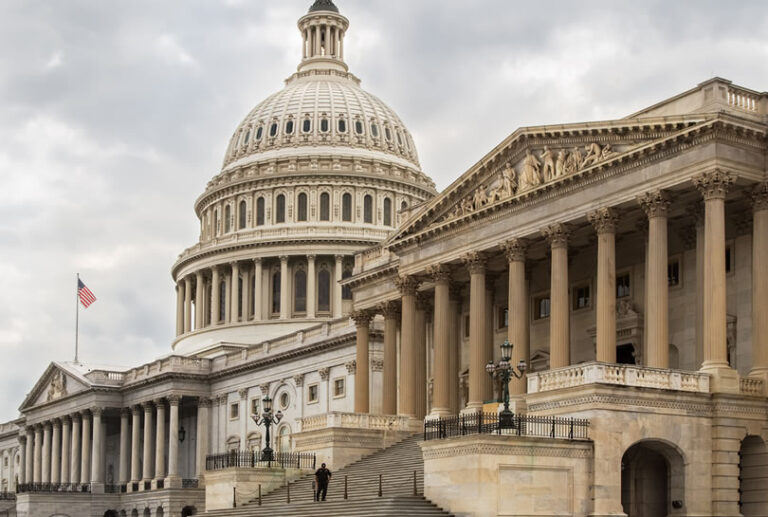April 30, 2018 — The healthcare marketing and communications industries need to painstakingly spell out which uses of personal data are permissible and which are not, according to Stu Ingis, chairman, Venable LLP, and counsel for the Digital Advertising Alliance.
“The community must collectively enumerate all the different types of uses with a lot of granularity, and define — with significant input from consumers, regulators and others — a new paradigm of what’s appropriate, at a much more specific level per practice,” Ingis told the Coalition for Healthcare Communication. “We may even have to create a framework where new practices or uses of data can be assessed.”
Ingis explained that big picture, the scale of the data available to make decisions for good — and bad – has increased in recent years in “an unbelievable way, driven by technological advances. There needs to be new dialogue and thinking about how to create a new paradigm to put controls around and define appropriate practices.”
What might this new paradigm look like in this era of targeted marketing? “There is a policy balance about the uses of data considering all of the new potential, changes in the scale of data and the growing understanding of these issues by consumers, companies and government,” Ingis said. “That policy balance needs to be reassessed in light of the current developments. Like other areas of policy, policymakers, businesses and consumers should define across the whole community the appropriate and inappropriate uses,” he said.
If industry does not address these issues adequately and work toward educating consumers about the beneficial purposes of using data in acceptable, responsible ways, he noted, the pendulum could swing far in a different direction.“If you look at what’s happened in Europe, not only is direct-to-consumer pharmaceutical advertising prohibited, but now you also need consent for the use of data for anything,” he stated. “Without a better understanding by consumers of all the benefits of data use in the United States, we won’t be able to avoid the type of result that’s happened in Europe, which is really not good for anybody – businesses or consumers.”
A heightened level of dialogue among stakeholders and the promotion of the benefits of data use to consumers are linchpins in moving forward in a productive manner, according to Ingis. Without these key pieces, he said, “we’re stuck in a place where advancing will be difficult.”
To hear more from Ingis on data privacy and security in healthcare communications, plan now to attend the third annual Coalition for Healthcare Communication Rising Leaders Conference on Healthcare Policy, held May 22-23 in Washington, D.C. To register, email Jack Angel at [email protected] or call him at 203-561-6902 to register. For information about the conference, go to: https://cohealthcom.org/coming-up/




